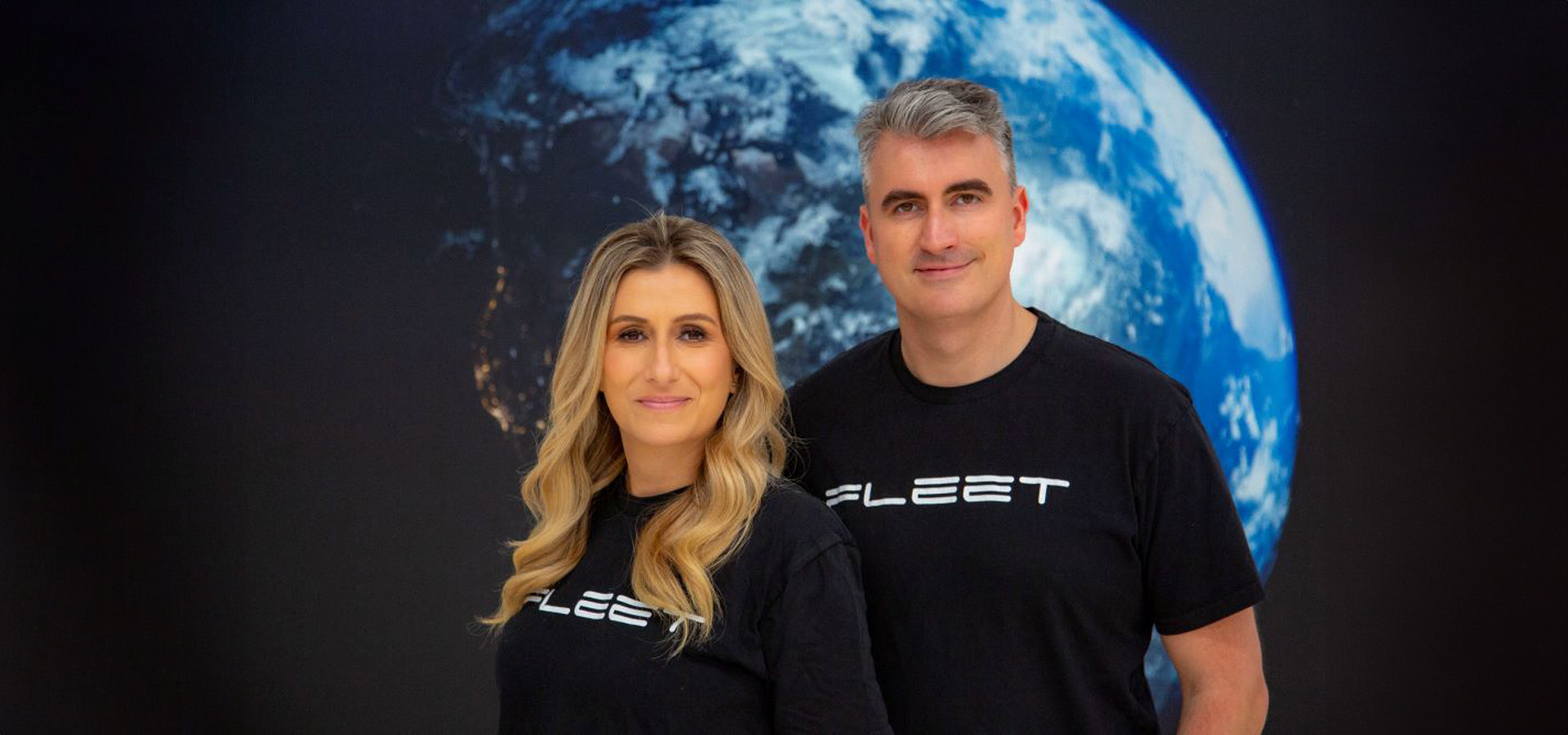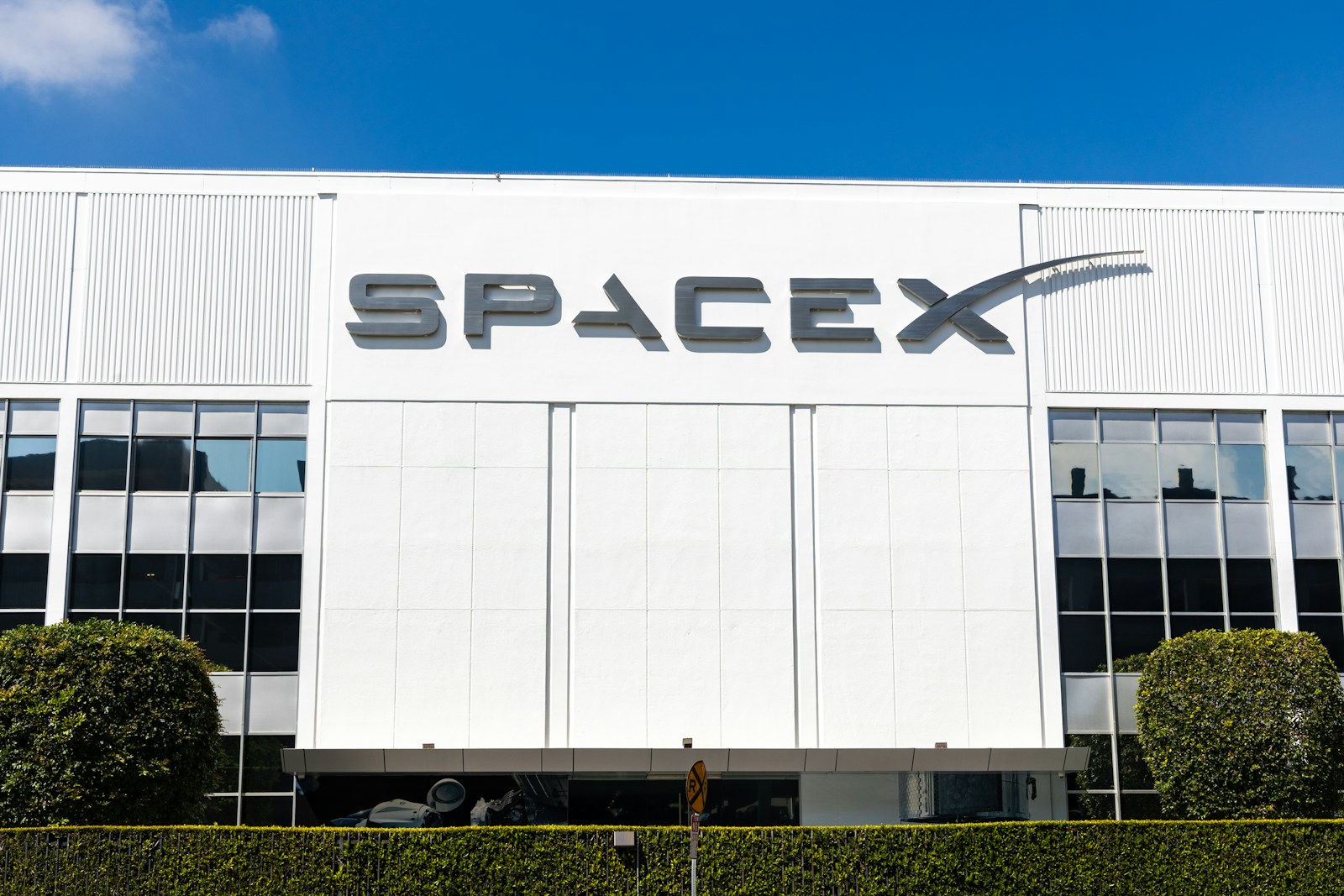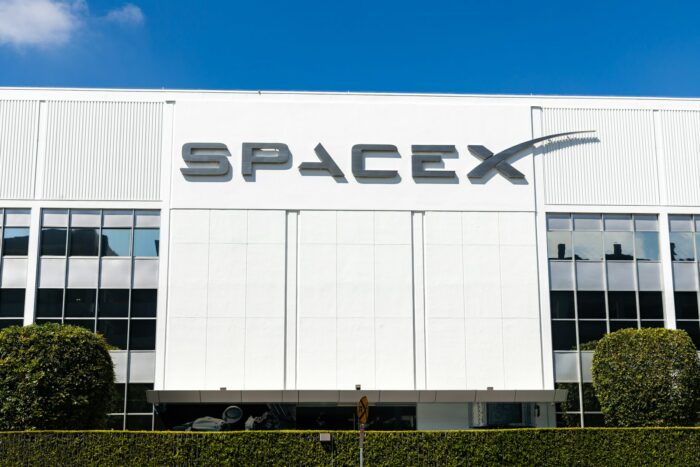Insider Brief:
- South Korea has announced an ambitious plan to double its space industry budget by 2027 and join the global space race.
- The initiative aims to manufacture satellites and rockets and provide astronaut training.
- Specialized facilities are being developed across three key locations: Sacheon, Goheung, and Daejeon
South Korea is setting its sights high with a bold plan to establish a cutting-edge space industry cluster within the next eight years. The ambitious initiative aims not only to manufacture satellites and rockets but also to pioneer astronaut training, propelling the nation into the ranks of space exploration leaders.
With a significant boost in funding, totalling 1.5 trillion won ($1.14 billion) by 2027, South Korea is laying the groundwork for a thriving aerospace sector. This investment marks a pivotal moment in the nation’s aerospace ambitions, as it strives to increase its market share from 1 percent to an impressive 10 percent by 2045.
At the heart of this endeavour lies the creation of specialized facilities across three key locations: Sacheon, Goheung, and Daejeon. Sacheon will house a state-of-the-art satellite development manufacturing center, complete with advanced cleanrooms and cutting-edge equipment. Meanwhile, Goheung will bolster its existing space infrastructure with new manufacturing hubs and testing facilities for space launch vehicles. Daejeon, known for its scientific prowess, will host an aerospace training and research center equipped to train 1,500 professionals annually.
The country also aims to cultivate a skilled workforce and foster innovation by supporting local players with financial incentives and technical assistance. Furthermore, the nation is poised to establish 10 “world-class” aerospace companies by 2045, facilitated in part by expanded venture capital funding.
Collaboration will be key to South Korea’s success in the global space arena. The government is actively seeking partnerships with established space clusters worldwide, including the Kennedy Space Center in the United States and the Toulouse Space Center in France.
Already making strides in space exploration, South Korea launched research satellites using domestically produced rockets in May 2023. The successful deployment of a Korean spy satellite further underscores the nation’s growing capabilities in space technology.
With visionary leadership, strategic investments, and international collaboration, South Korea is poised to become a formidable force in the space industry, shaping the future of space exploration for generations to come.
For more market insights, check out our latest space industry news here.
Share this article:










